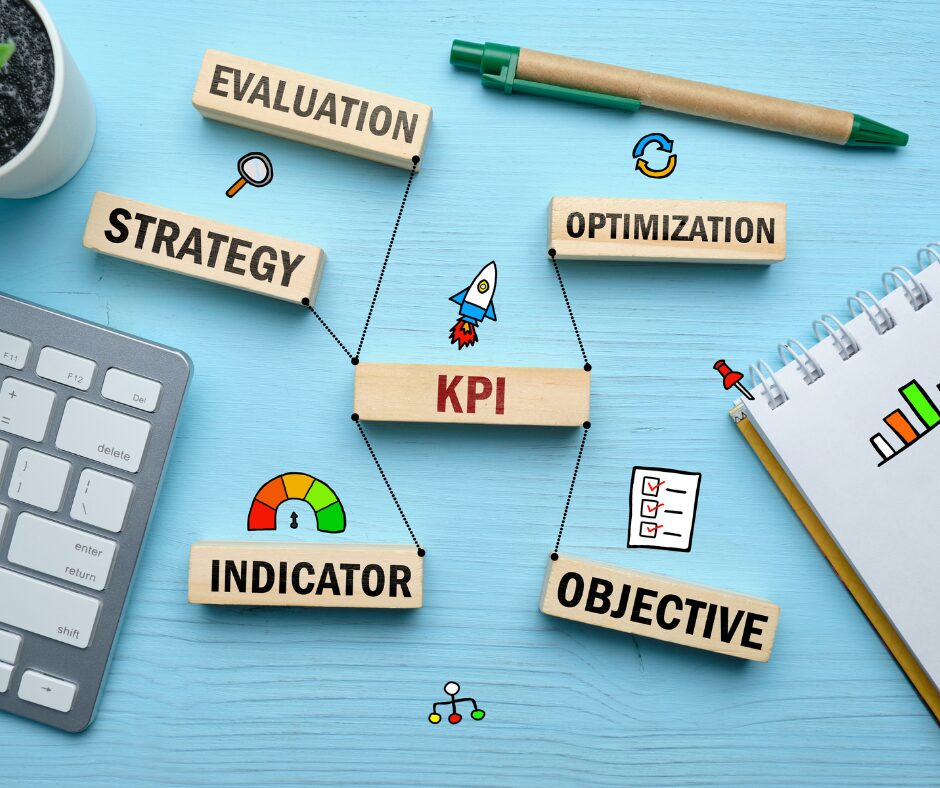Creating an Effective Real Estate Marketing Funnel:
A Guide for Agents, Brokers, and Investors

In the dynamic world of real estate, having a well-structured marketing funnel is essential for success. Whether you’re a seasoned agent, a broker managing a team, or an investor seeking leads, a strategic funnel can streamline your efforts and maximize results. In this article, we’ll explore how to create a powerful real estate marketing funnel, including tips on automation and customization.

Understanding the Real Estate Marketing Funnel
Understanding the Real Estate Marketing Funnel
Before diving into the specifics, let’s clarify what a marketing funnel is and how it applies to the real estate industry. Think of it as a pathway that guides potential clients from initial awareness to closing a deal.
Key Stages:
-
Awareness:
- At the top of the funnel, prospects become aware of your brand or services.
- Strategies: Social media, content marketing, local events, and networking.
-
Interest:
- Prospects express interest in real estate solutions.
- Strategies: Engaging blog content, property listings, and virtual tours.
-
Consideration:
- Prospects evaluate options and consider working with you.
- Strategies: Personalized emails, webinars, and case studies.
-
Decision:
- Prospects decide to take action (e.g., schedule a consultation, visit a property).
- Strategies: Clear calls-to-action (CTAs), follow-up emails, and targeted ads.
-
Action:
- Prospects become clients by signing contracts, making offers, or closing deals.
- Strategies: Efficient communication, negotiation skills, and exceptional service.

Automating Your Real Estate Funnel
Automating Lead Nurturing in Real Estate
Now, let’s explore how to automate the process and save time while nurturing leads:
-
Lead Capture Automation:
- Use landing pages with compelling property descriptions, virtual tours, and lead capture forms.
- Implement pop-ups to encourage newsletter sign-ups or offer valuable resources (e.g., e-books, market reports).
-
Email Automation:
- Set up automated email sequences:
- Welcome emails for new leads.
- Drip campaigns with relevant content (e.g., home buying tips, investment strategies).
- Follow-up emails after property showings or consultations.
-
Segmentation and Personalization:
- Segment your leads based on criteria such as location, property type, and budget.
- Personalize emails and content to address specific needs and interests.
-
Social Media Remarketing:
- Use platforms like Facebook and Instagram to retarget website visitors.
- Show relevant property ads to those who have shown interest.
-
CRM Integration:
- Invest in a real estate CRM (Customer Relationship Management) system.
- Track lead interactions, automate follow-ups, and manage client relationships.

Customizing for Real Estate Professionals
Tailoring Your Funnel to Your Real Estate Niche
Tailor your funnel to the real estate niche you serve:
-
For Agents:
- Focus on local expertise and personalized service.
- Automate lead follow-ups to stay top-of-mind with potential buyers and sellers.
-
For Brokers:
- Streamline lead distribution among agents.
- Automate reporting and performance tracking.
-
For Investors:
- Automate property alerts based on investment criteria (e.g., ROI, location).
- Use AI tools to analyze market trends and identify lucrative opportunities.

Measuring Success and Continuous Improvement
KPIs (Key Performance Indicators):
- Track conversion rates at each funnel stage.
- Monitor open rates, click-through rates, and engagement metrics for emails.
A/B Testing:
- Experiment with different CTAs, subject lines, and content.
- Optimize based on what resonates with your audience.
Remember, a successful real estate marketing funnel is not static—it evolves as your business grows. Embrace automation, analyze data, and adapt to changing market dynamics. By doing so, you’ll build a robust funnel that consistently delivers results and helps you thrive in the competitive real estate landscape.
Now go prospect those golden leads, and may your closings be as smooth as a well-automated funnel! 🏡🚀
References:
- https://hackingrealestatemarketing.com/real-estate-marketing-funnel-examples/
- https://www.sharplaunch.com/blog/how-to-create-a-real-estate-funnel/
- https://blog.wishpond.com/post/115675436399/real-estate-sales-funnel
- https://www.kylehandy.com/blog/learn/real-estate-sales-funnel/
- https://apg.agency/leveraging-ai-in-developing-funnels-for-real-estate-marketing/
- https://www.luxurypresence.com/blogs/creating-a-real-estate-sales-funnel/
- https://www.softvu.com/2023/11/unlocking-sales-success-a-comprehensive-guide-to-analyzing-sales-conversations-with-gong/
Share:
More Posts
Creating an Effective Real Estate Marketing Funnel:
A Guide for Agents, Brokers, and Investors In the dynamic world of real estate, having a well-structured marketing funnel is essential for success. Whether you’re a seasoned agent, a broker managing a team, or an investor seeking leads, a strategic funnel can streamline your efforts and maximize results. In this article, we’ll explore how to create a powerful real estate marketing funnel, including tips on automation and customization. Understanding the Real Estate Marketing Funnel Before diving into the specifics, let’s clarify what a marketing funnel is and how it applies to the real estate industry.

How Does Social Media Marketing Work?
In our hyperconnected world, social media marketing has become an indispensable tool for businesses of all sizes. But how does social media marketing work, and why is it such a powerful strategy? In this article, we’ll delve into the mechanics of social media marketing, drawing insights from reputable sources like HubSpot, Investopedia, and Mailchimp.

Avoid These 5 Common Email Marketing Mistakes:
In the dynamic landscape of start-ups and entrepreneurship in Canada, effective communication is key. Email marketing remains a powerful tool, but navigating this space can be tricky, especially for entrepreneurs just starting out. In this article, we’ll explore the top 5 mistakes small business owners often make when starting to develop their email marketing strategies and how to avoid them.